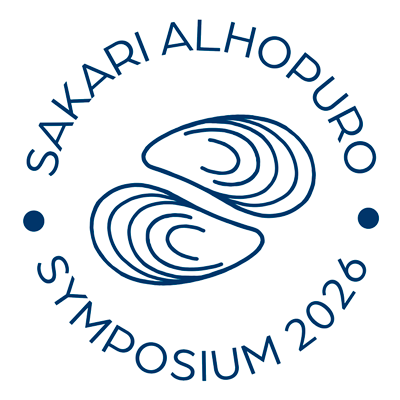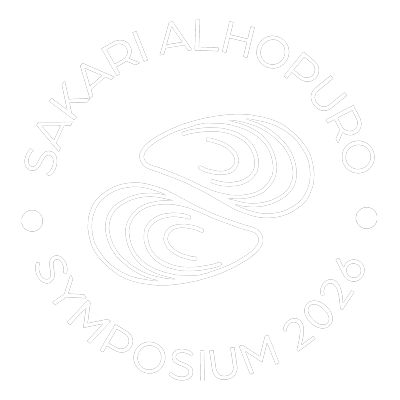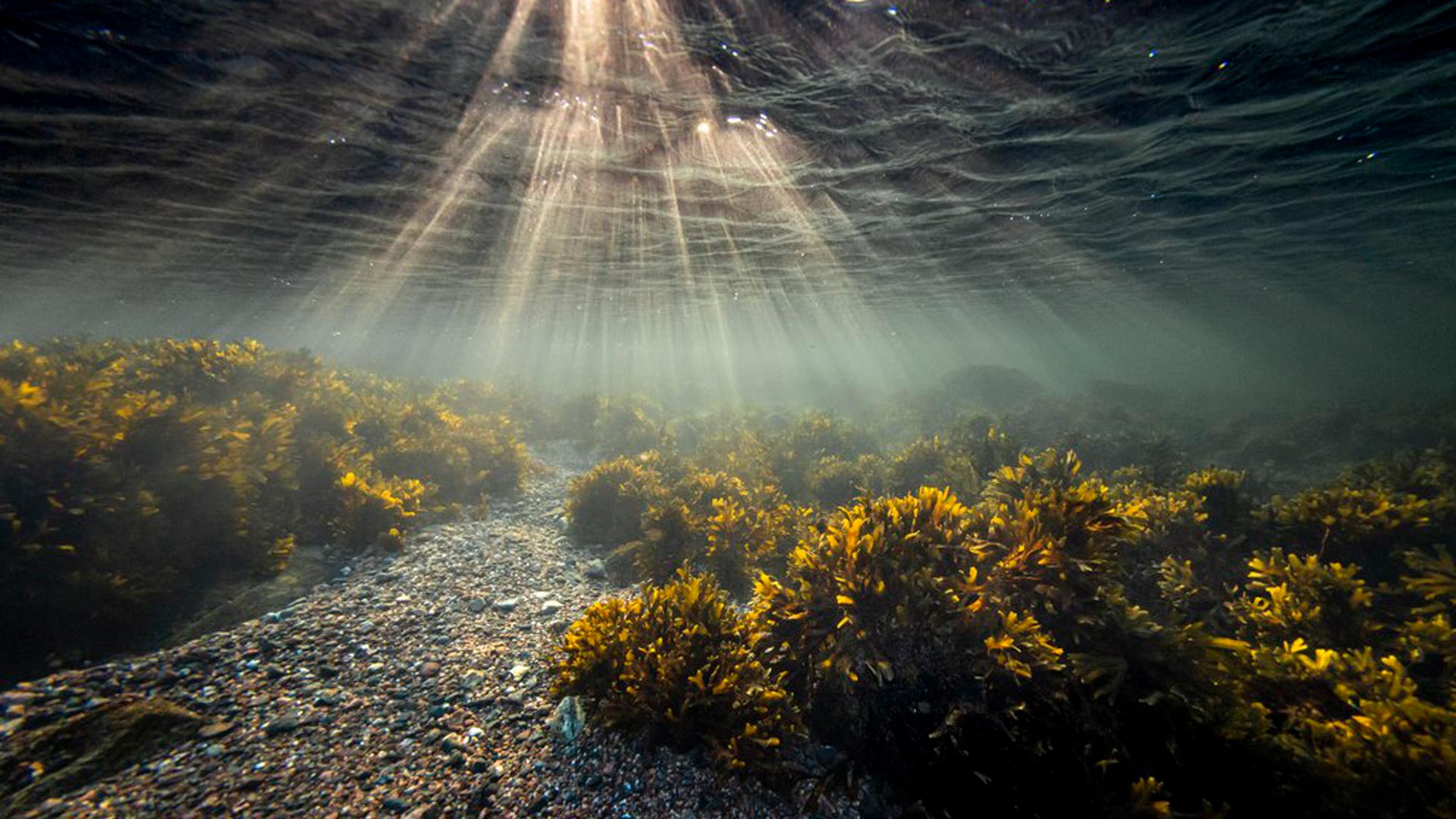Lena Bergström is a marine ecologist with expertise in coastal ecosystems, marine food webs, and ecosystem-based management. Her research focuses on human impacts and environmental assessment tools to support sustainable marine governance, particularly in the Baltic Sea. She is active in expert groups within HELCOM and ICES and Sweden’s representative in the ICES Science Committee. Bridging science and policy, Lena’s work addresses biodiversity challenges linked to resource use, such as fisheries and marine renewable energy. Her interdisciplinary experience brings perspectives to coastal management and the application of ecological knowledge in decision-making.
Speakers
Baltic Sea Archipelagos Symposium | 27–28 April 2026 | Turku, Finland
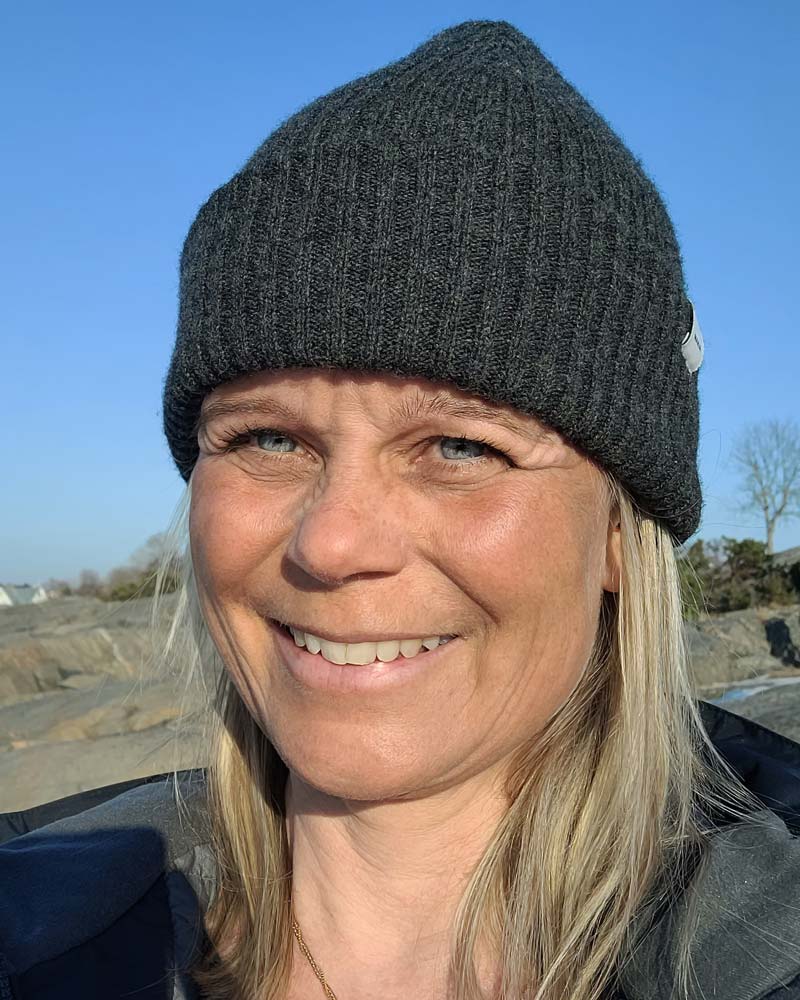
Lena Bergström
Associate Professor, SLU, Dept Aquatic Resources, Sweden
How can ecosystem-based management support coastal areas? Experiences from Sweden

Julia J. J. Fält-Nardmann
Postdoctoral Researcher, University of Turku & Scientific Associate, Dresden University of Technology
As above, so below? Differences between terrestrial and aquatic invertebrate herbivore biomass development in a changing climate.
Read bio
Julia Fält-Nardmann is an ecologist focusing on insect populations and their role in northern food webs in a changing climate. As a part of a research group comparing long-term effects of large-scale climate patterns on terrestrial and aquatic communities, Julia studies how different moth groups have responded to climate change in the past decades and how their development differs from that of plankton that occupies the same role of primary consumers in the Baltic Sea.

Pentti Huovinen
Chair of the Sakari Alhopuro Foundation
Opening of the First Sakari Alhopuro Symposium
Read bio
Pentti Huovinen, MD, PhD, Chair of the Board of the Sakari Alhopuro Foundation, and Professor and Dean (emeritus), Faculty of Medicine, University of Turku, Finland. In addition to the Foundation, University of Turku, and Finnish National Public Health Institute, he has worked at the Infectious Disease Unit, Massachusetts General Hospital, Harvard Medical School, Boston, and done Chief Executive development course at Wharton School, Philadelphia. His main research interests are various aspects of antibiotic resistance, and health aspects of human microbiota. In 2008, he received Award of Excellence of the European Society of Clinical Microbiology and Infectious Diseases, and in 2009, he was President of the 19th European Congress of Clinical Microbiology and Infectious Diseases, (ECCMID), Helsinki, Finland. He is known as an awarded science writer and speaker in Finland.
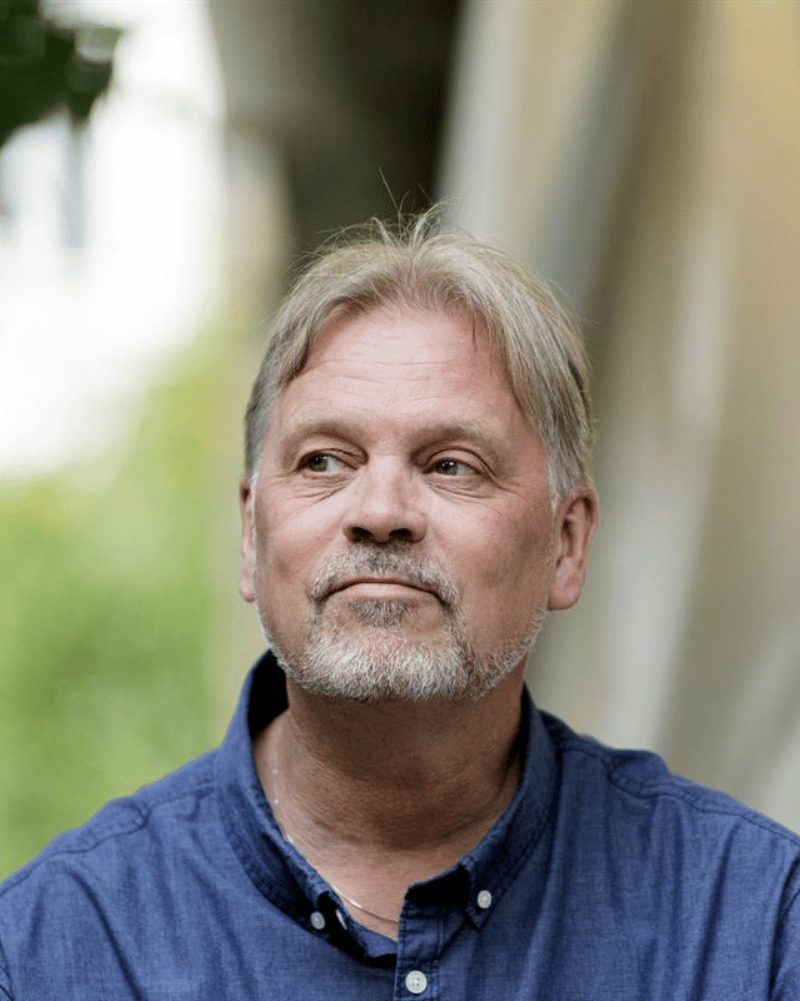
Jari Hänninen
Research Station Director, Archipelago Research Institute, University of Turku
Read bio
Hänninen’s research “roadmap” during his academic career has been focused on gaining a better understanding of how the Baltic Sea actually works, i.e., which are the basic factors that run its “ecosystem engine.” Thus, he has chased a “bigger picture.” Therefore, his special field of expertise involves extensive studies of processes (eutrophication), dynamics (climatically controlled Baltic Sea seawater salinity decrease), interactions (abiotic control of seawater decrease affecting to zooplankton community, ecosystem interaction between the Baltic and the North Seas), and organisms (predator-prey roles between herring, zooplankton, and macrozoobenthos). His approach has always been the study of slow, long-term changes in the ecosystem on the basis of monitoring data.
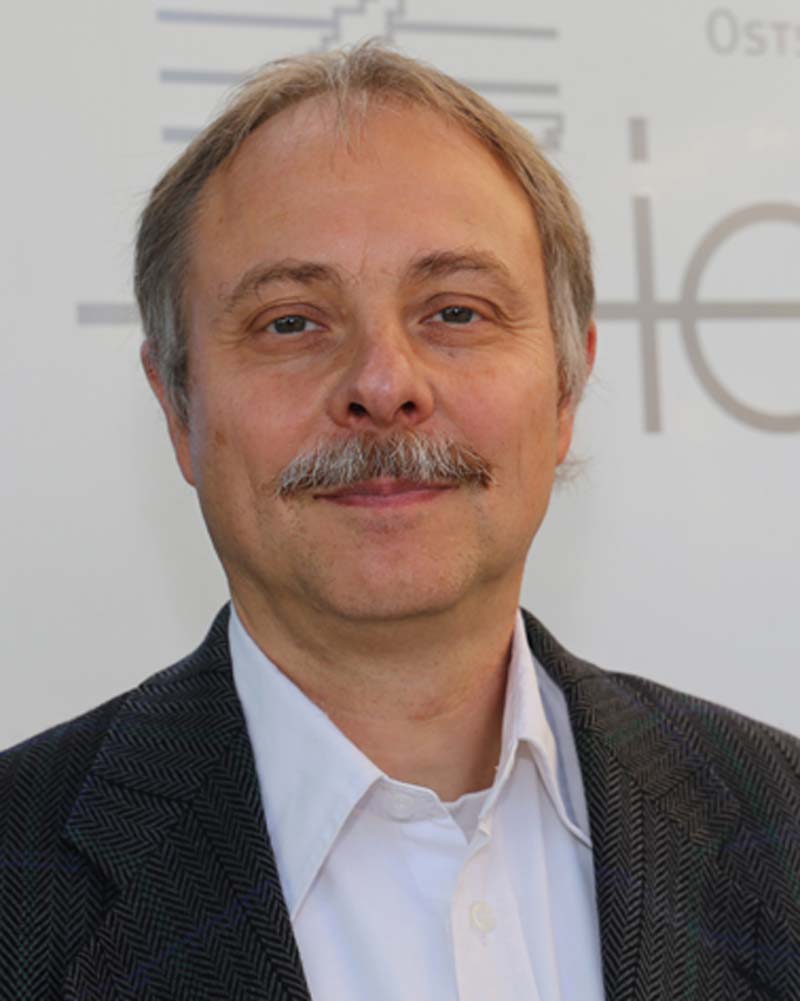
Markus Meier
Professor, Leibniz Institute for Baltic Sea Research Warnemünde, Germany
The Baltic Sea in changing climate – what do we know from historical measurements and what do we expect for the future?
Read bio
Markus Meier is a physical oceanographer and climate scientists with focus on Earth System sciences, regional climate system modeling, analysis of climate variability, detection and attribution of climate change. He is Head of the Department of Physical Oceanography at the Leibniz Institute of Baltic Sea Research Warnemünde, Rostock, Germany (IOW) with about 38 employees and Professor of Physical Oceanography at the University of Rostock since 2015, Chair of the Science Steering Group of the international Baltic Earth Programme on Earth System Science for the Baltic Sea Region since 2013 and Co-Chair of the HELCOM-Baltic Earth Expert Network on Climate Change (EN-CLIME) representing Baltic Earth since 2019.

Alf Norkko
Professor, University of Helsinki
Coastal ecosystems in rapid transition – understanding the links between biodiversity and climate change
Read bio
Alf Norkko is a marine ecologist specialising in biodiversity, ecosystem functioning and climate-change impacts in coastal ecosystems. Based at the University of Helsinki, he is the academic director of the Tvärminne Zoological Station. He serves as the national lead of the Centre for Coastal Ecosystem and Climate Change Research (CoastClim), a strategic partnership between the Universities of Helsinki and Stockholm that integrates marine and atmospheric research in coastal environments. Norkko has held scientific leadership roles across Finnish and international marine research communities. His research encompasses seafloor ecology, ecosystem processes and the scientific foundations needed for conservation and sustainable management of coastal ecosystems.
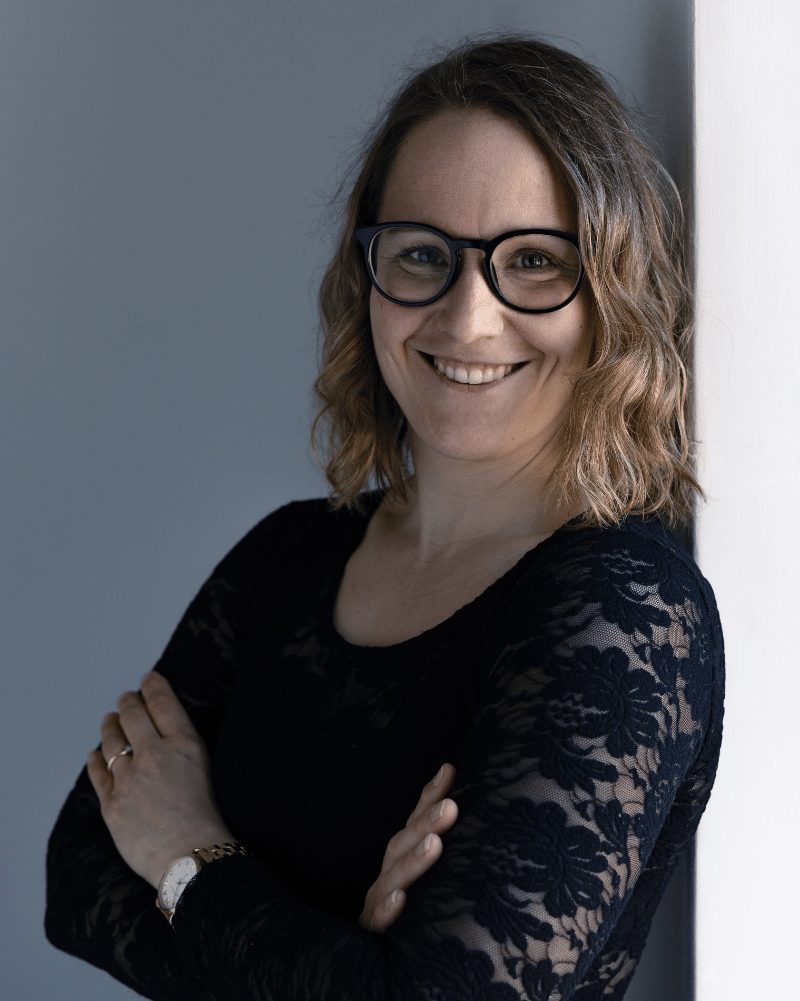
Anna Törnroos
Associate Professor, Åbo Akademi University
Read bio
Anna Törnroos is an associate professor (tenure track) in environmental and marine biology and the Director of the Centre for Sustainable Ocean Science (SOS) at Åbo Akademi University. Her research focuses on the functioning of coastal areas, marine environments, and particularly the seafloor. She is especially interested in what organisms do in this system, that is, what roles or functions they perform and how that translates to services for us humans, such as food resources, stabilisation of coastal landscapes, and carbon sequestration. Her more recent work is also focused on research across disciplines such as the social sciences, business and technology, and the humanities to investigate our human relationship with the sea and marine socio-ecological challenges, or wicked problems.

Ilppo Vuorinen
Professor Emeritus, University of Turku
Read bio
Ilppo Vuorinen is a professor emeritus at the University of Turku. He has done extensive research on the state of the environment and related changes. For the most part, his work focused on oceanographic research in the Baltic Sea, but he also took part in several expeditions to the Southern Ocean. Additionally, he participated in sustainable fisheries research in Lake Tanganyika, Africa, and in tick and Lyme disease research in the Finnish Archipelago islands. From the early 2000s, he led annual marine biology courses at the Archipelago Research Institute (University of Turku) on the Island of Seili.
